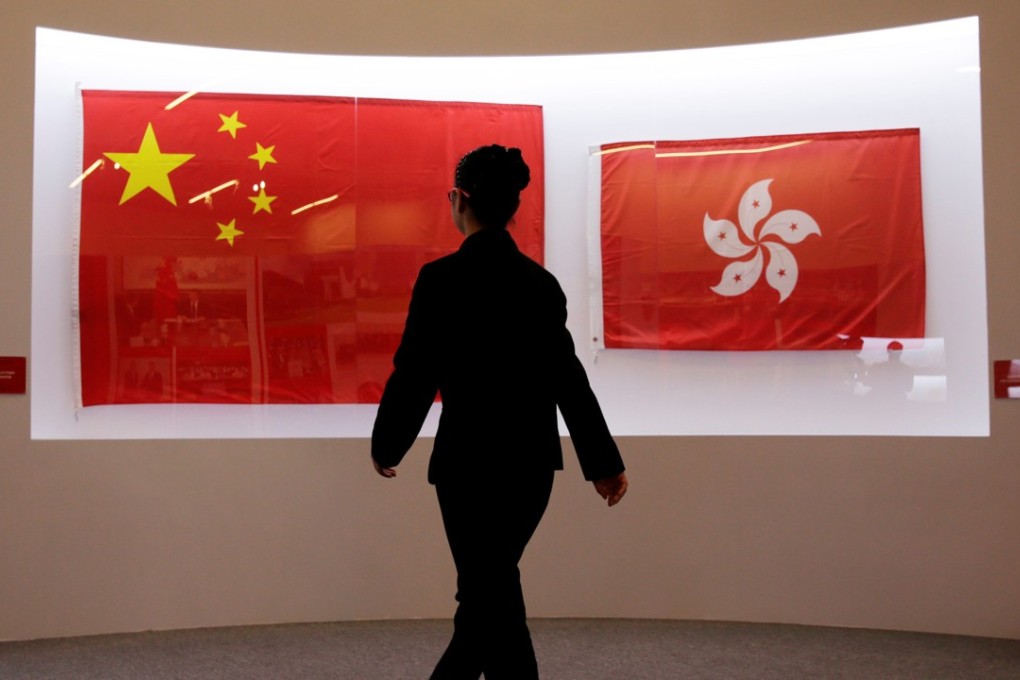City Beat | As interest in Hong Kong affairs grows, time is ripe for local think tanks to shine
City’s residents also have to learn how to differentiate between academic views and central government policy

Hong Kong’s first post-1997 leader, Tung Chee-hwa, once lamented the differences between the development and role of think tanks in the city and the United States. Whereas American think tanks actively assert influence over policy makers with their thorough research on major issues, Hong Kong still has quite a long way to go, starting with establishing more influential brain trusts.
Tung, who has been a frequent traveller to the US since stepping down in 2005, re-emerged as an advocate and adviser by setting up two major think tanks – one on Sino-US relations and the other on local issues, Our Hong Kong Foundation. But in Tung’s opinion, more are needed.
Of course, guaranteeing funds and poaching heavyweight researchers are challenges any think tank must face – not everyone has Tung’s financial credentials, not to mention his unique social and political connections at home and abroad.
However, across the border, there is a noticeable phenomenon – “Hong Kong studies”. Mainland academics are becoming more vocal or even critical about the city. Mainland institutions regularly come up with studies comparing Hong Kong’s competitiveness with other cities.
